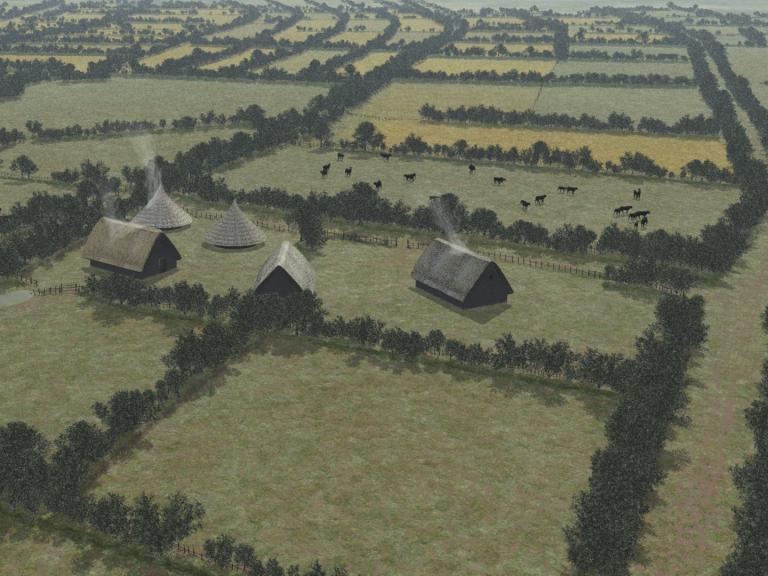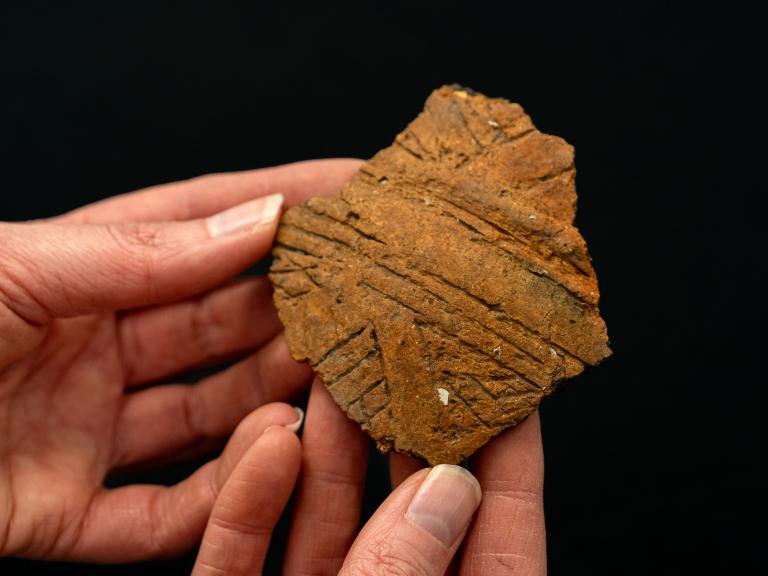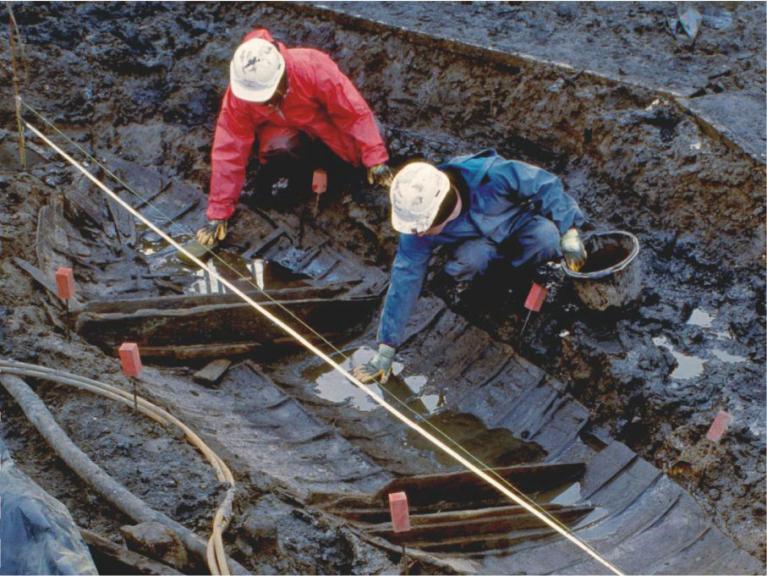HS2 is Europe’s largest infrastructure project. It includes the biggest track-building programme seen in the UK since the Victorian era. It also affords the opportunity for the country’s largest ever archaeological investigation.
Archaeology and heritage are important concerns for the HS2 route assessment and consenting process. Wessex Archaeology has been supporting the HS2 Heritage team from the beginning of the project. Our involvement has covered desk-based assessment, historic mapping acquisition and interpretation, as well as the use of intrusive and non-intrusive field investigations to support the Impact Assessments needed to achieve Royal Assent for Phase One. Now that the project is beginning to move into construction, our role evolves into the provision of specific field investigations as part of the enabling works and in advance of the main civils construction programmes.
As part of the Environmental Impact Assessment required for Phase 2a of the route (Birmingham to Crewe), Wessex’s staff have undertaken a geophysical (magnetometer) survey, with walkover surveys and fieldwalking, as well as interpretation of aerial images and lidar data to provide further insight into the archaeological potential of the route. Wessex’s staff have been key in supporting HS2 consultants, ERM and Arup, in the preparation of the heritage inputs for the project.
We look forward to continuing to support the project in its subsequent phases as archaeological work moves north from the West Midlands to Leeds and Crewe to Manchester. HS2 is an unparalleled opportunity to use a large-scale archaeological and heritage investigation to increase our knowledge of the past, and make the UK’s rich history available to everyone.





